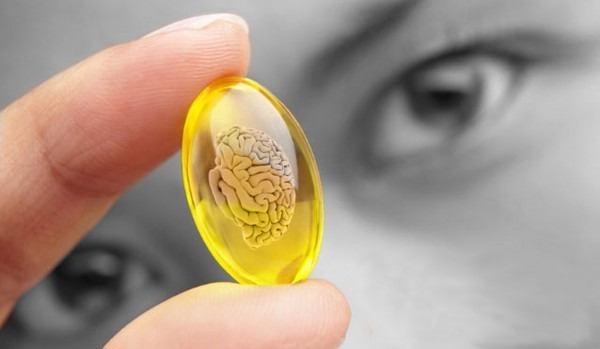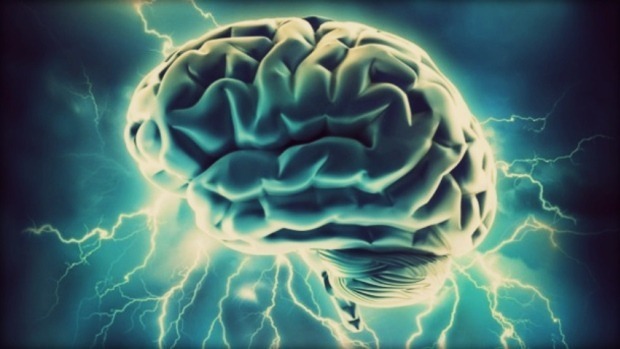Posts Tagged ‘caffeine’
Pros and Cons of using four nootropics–caffeine, creatine, L‑theanine, Ashwaghanda–as cognitive enhancers
Humans have long been searching for a “magic elixir” to make us smarter, and improve our focus and memory. This includes traditional Chinese medicine used thousands of years ago to improve cognitive function. Now we have nootropics, also known as smart drugs, brain boosters or cognitive enhancers. You can buy these gummies, chewing gums, pills…
Read MoreModerate coffee consumption may promote brain health — and it’s not because of caffeine
How Coffee May Protect Brain Health: A New Study Suggests The Benefits Aren’t Just From Caffeine (Forbes): “Coffee has been getting considerable attention for a growing list of health benefits, with brain health high among them. While not without a few downsides, studies have shown impressive upsides of moderate coffee consumption, often linked to its…
Read MoreCognitive enhancement at the edge: The US Navy tests neuro-priming and other non-pharmacological aids to boost cognition and performance
— Super SEALs: Elite Units Pursue Brain-Stimulating Technologies (Military.com): “At a conference near Washington, D.C., in February, the commander of all Navy special operations units made an unusual request to industry: Develop and demonstrate technologies that offer “cognitive enhancement” capabilities to boost his elite forces’ mental and physical performance
Read MoreFor a good night’s rest, combine general sleep hygiene with mindful and cognitive techniques
——- Most SharpBrains readers understand the benefits of stress regulation, and also the benefits of sleep. Recommendations for sleep hygiene are well publicized. They include avoiding alcohol and stimulants like caffeine; sticking to regular bed and wake times (even if you don’t get enough sleep); exposing
Read MoreDoes Coffee Boost Brain/ Cognitive Functions Over Time?
There is little doubt that drinking that cup of morning coffee will likely increase alertness, but the main questions that research is trying to answer go beyond that. Basically: is there a sustained, lifetime, benefit or harm from drinking coffee regularly?
Read More



